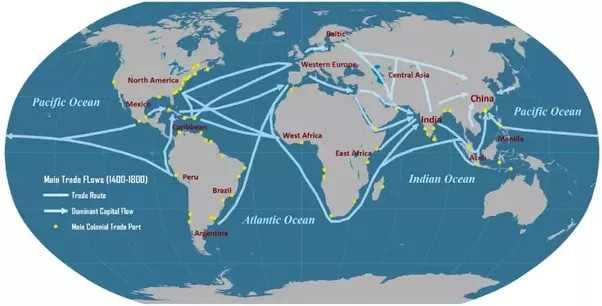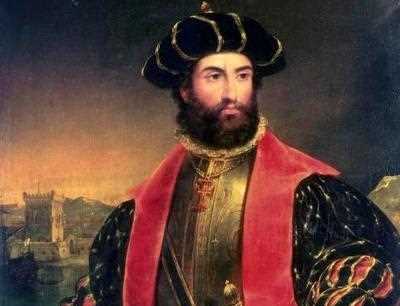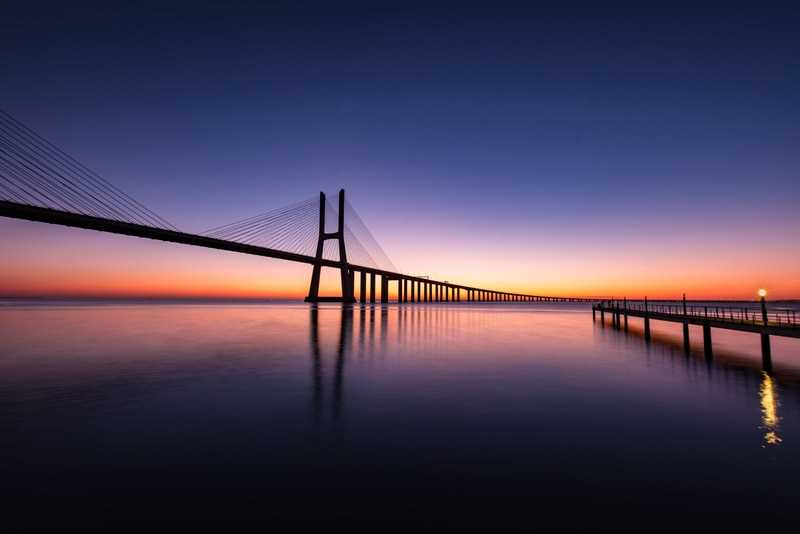*Sea route in India*

On 20th of May,1498, Portuguese adventurer Vasco da Gama arrived in what is presently Kozhikode, India. Da Gama was the primary European to achieve the lucrative trade-centers of India via ocean.
Portugal and other European domains had been exchanging with groups in India and all through Southeast Asia for quite a long time. The unbelievable Silk Road was an overland exchange course that connected the mythical zest markets of the east with the clamoring trade of the west. Nonetheless, going through questioned regions in the Mediterranean Sea and Arabian Peninsula was unsafe and tedious.

Da Gama and his armada utilized very much set out courses to explore down the western shoreline of Africa. After re-providing in the Canary Islands, da Gama took a risk and cruised west into the Atlantic Ocean—the other way of where he needed to go. He exploited the strong, dependable breezes called Westerlies to rapidly guide him toward the southern shoreline of Africa. Da Gama and his armada adjusted the Cape of Good Hope in December 1497, and named the adjacent drift Natal, after the Portuguese word for Christmas. (The South African area of KwaZulu-Natal holds this name today.) Da Gama built up poor relations with pioneers in what are currently the shores of Mozambique and southern Kenya—the Europeans moved toward becoming privateers of Arab exchanging ships in the district.

Currently, the port of Malindi, Kenya, da Gama met and collaborated with Indian vendors and mariners. They instructed him on the ideal monsoon winds with respect to the western Indian Ocean. Truth be told, da Gama really employed an accomplished Indian pilot to direct his armada to the exchange center of Calicut (now known as Kozhikode).
Da Gama's ocean course to India enabled Portugal to build up a rich exchange with India and south-east Asia. Portugal was likewise ready to grow its realm to incorporate areas from India (revolved around the province of Goa, whose biggest city is Vasco da Gama) to China (the island of Macau).
Cheers!